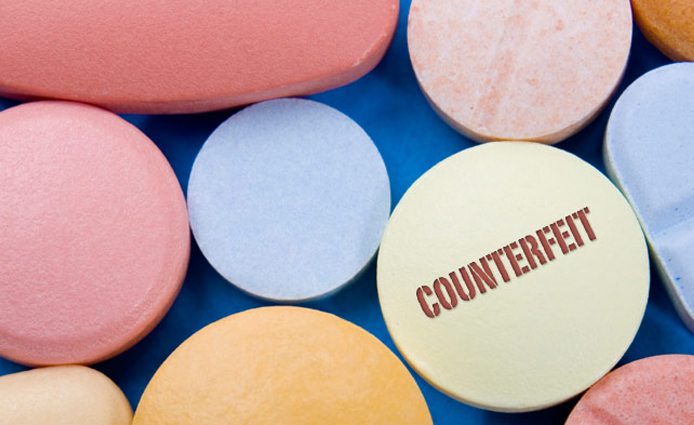
Counterfeit drugs are a major concern in today’s global supply chain. To protect consumers, there is a need for effective ways to identify genuine drugs and detect counterfeit versions. Applied DNA Sciences, a biotech company, answered the call by developing a solution that involves tagging legitimate drugs with plant-based DNA, which the company claims can be done with “stunning accuracy.”
To make plant-based DNA tags, scientists extract genetic code from plants and reassemble it to be unique from any other DNA. The code can be embedded into ink, fabric, plastic, vapor or metal without adding another step in the manufacturing process. The amount of DNA needed to tag drugs is so small that it would have no effect on a person when ingested. Another advantage is that the DNA will not break down for years, making the markers useful for items with long shelf lives. The company also created a device to detect the presence of the DNA tags.
In a recent Scientific American article, “Authentic Drugs Tagged with Plant DNA Could Help Snare Fake Meds,” the author explains how plant-based DNA technology has been successfully used in other industries and “could be a game changer for pharmaceuticals.” The article notes that the ability to track and identify drugs with such accuracy would be useful for pharmaceutical firms that currently spend millions of dollars annually to find and prosecute counterfeiters.
Applied DNA Sciences’ solutions are currently being used in the following ways:
- Law Enforcement – Plant-based DNA is being used to directly link criminals to crimes, creating a better opportunity to identify and convict criminals, including pharmaceutical counterfeiters.
- Supply Chain Protection – DNA technologies help maintain identity and ensure the proper course of legitimate drugs throughout the supply chain, from manufacturer to end use.
- Consumer Safety – Consumer safety and satisfaction, as well as brand reputation, can be adversely impacted by counterfeiting. DNA technology affords quick and definitive identification of authentic products, which can ultimately save lives.
While this article provides valuable information on track and trace technologies, such as plant-based DNA and their effectiveness, it understates the prevalence of counterfeit drugs in the United States. According to an ABC News investigation into counterfeit drug operations in the United States that involved U.S. Homeland Security, U.S. Customs and Border Protection, and the Federal Bureau of Investigations, among other law enforcement agents, the problem in the U.S. is substantial. During the week that the operation was conducted, pharmaceutical experts trained to spot fakes netted an incredible 415,000 doses of illicit pharmaceutical products. The ABC News article explains how U.S. customers are drawn to unlicensed sellers because much of the medicine is cheaper than if they had it filled the prescription at their local pharmacy.
Anti-counterfeiting technologies, such as plant-based DNA tags, are an important part of patient safety, and we at CSIP are encouraged by the progress being made in developing and testing them. We will continue to keep readers aware of this and other authenticating technologies that make the internet a safer place for consumers and health care professionals to buy safe and authentic prescription drugs.
####
The Center for Safe Internet Pharmacies (CSIP) and our 12 member companies have the shared goal of helping address the growing problem of consumer access to illegitimate pharmaceutical products on the Internet. Continue to read this blog for updates on CSIP’s education, enforcement and information-sharing efforts.

